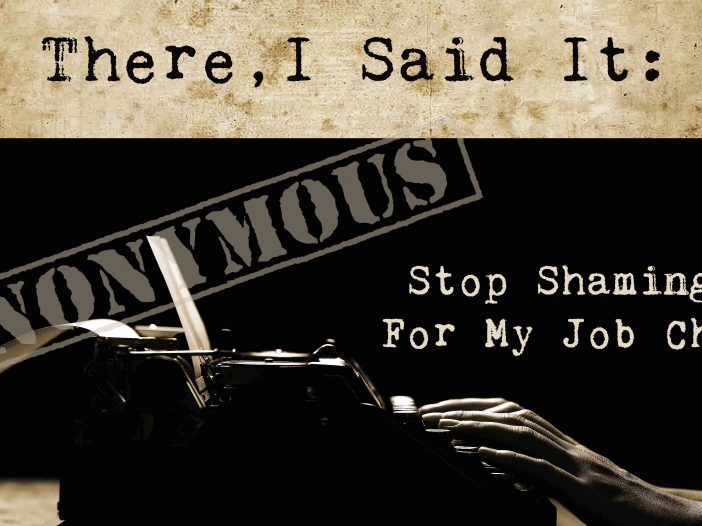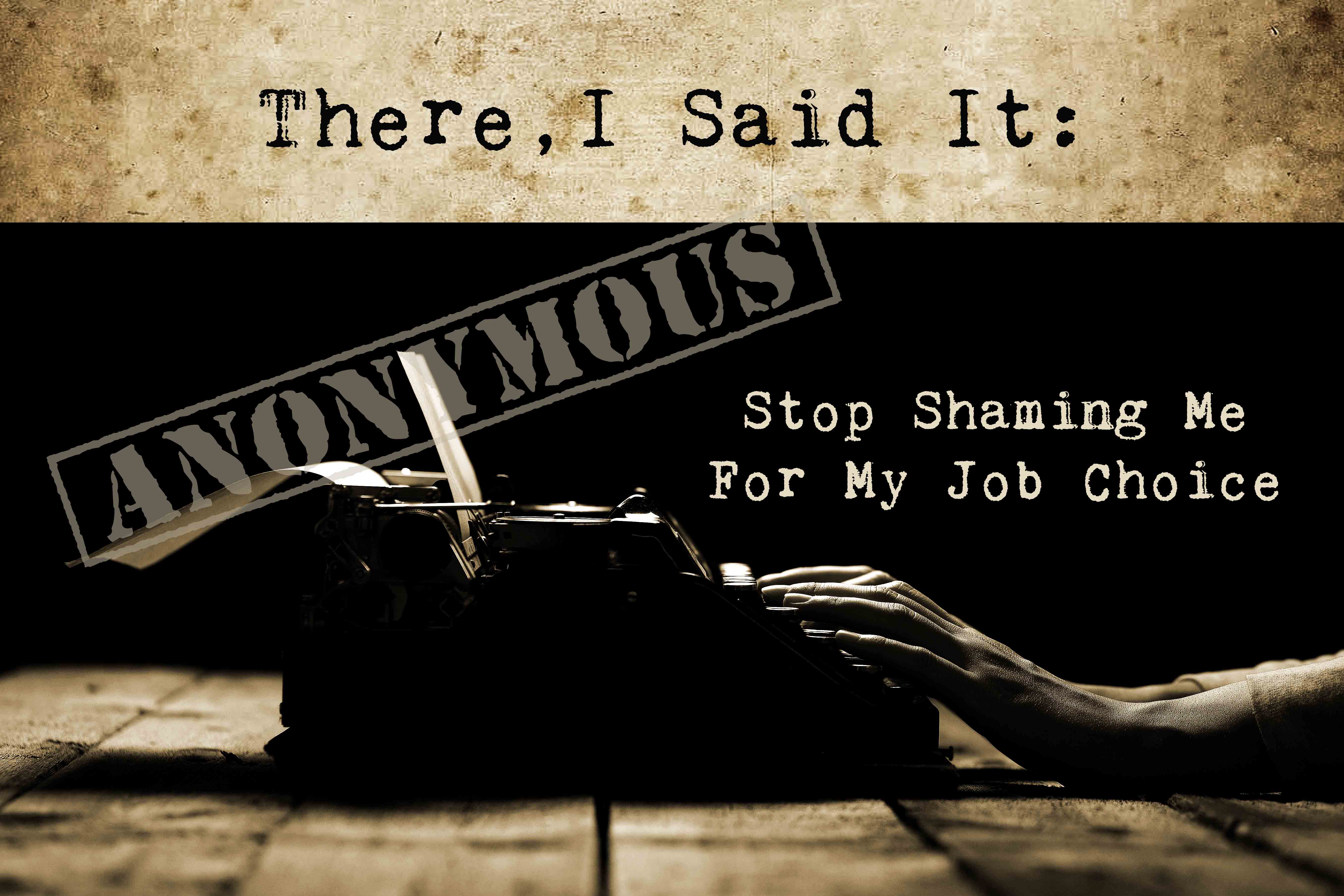

For as much as we as veterinary professionals speak so highly about the desire to support one another, in my experience, that support often comes with conditions. We support those who do what we do, but can be downright hostile to those who do something we are not familiar with.
When I first started working as a vet assistant in high school, I had this awkward feeling about my job. I enjoyed my job immensely, and I even had a fantastic work environment, but I never quite felt that loved my job. At the time, I assumed this would change once I moved forward and was given more responsibility and taught new skills – it didn’t.
My sophomore year of undergrad, I was working in a rural mixed animal practice. I thought maybe the tone shift would be exactly what I needed to finally love what I was doing. After all, before I had only had experience in suburban small animal practices, and my new place of employment could not have been more different. Perhaps this was where I would find my calling.
I quit after two months.
After the failure of that job I felt broken. I didn’t understand why even though I had always felt my place was in vet med, I couldn’t connect with, I couldn’t love, any job I had had so far. I decided to stop applying to work in veterinary practices. I just knew, no matter how much I wanted to love it, it was not for me.
I was still a college student in need for a job, so I applied to other animal related jobs around my campus. The first one I was offered was simply titled “Animal Caretaker”. It turned out to be a job as an animal husbandry technician for the university’s research department, and the pay was excellent. I took the job, expecting to at least not be broke for the rest of my undergrad and then go back to contemplating what I was going to do with my life.
I loved this job.
Something about this job just immediately clicked with me. I enjoyed every second I was at work, and for once in my life I was actually excited to get up and go to a job. Working in animal research, this was my calling, I could feel it.
I was elated by my new discovery – until I decided to tell people about it.
All the support and comradery I had felt from other veterinary professionals has suddenly vanished. People asked me why I would want to do something so evil with my life. Why would I want to hurt animals for a living? What kind of person would want work in animal research? They always said those words like they were a derogatory expletive. I felt shame.
I didn’t understand. I was a good person, I drove an hour and half to adopt a dog from a high-kill shelter while I was still in college. I loved animals. I didn’t see my job as evil. Without research, we wouldn’t have all of the products and technology we use in our profession, but no one else seemed to see this.
After that, I stopped talking about my job to other veterinary professionals I met. I would either say nothing or lie about what I did. In fact, after talking to my coworkers, they even recommend not being honest with other people about what we did, unless you wanted to risk backlash.
I still love working in research with all my heart. I’m working towards my next certification and I don’t plan on leaving anytime soon. But I just wish I had the freedom to talk about what I do just like everyone else can.
I shouldn’t feel ashamed for working in research, and we still have a long way to come as a profession if we truly want to make each other all feel supported, and not just the ones who do exactly what we do.
The views and opinions featured on There, I Said It are those of the authors and do not necessarily reflect the position of the DrAndyRoark.com editorial team.
DO YOU HAVE SOMETHING YOU WANT TO SAY ANONYMOUSLY?
Submit your article to editor@drandyroark.com!